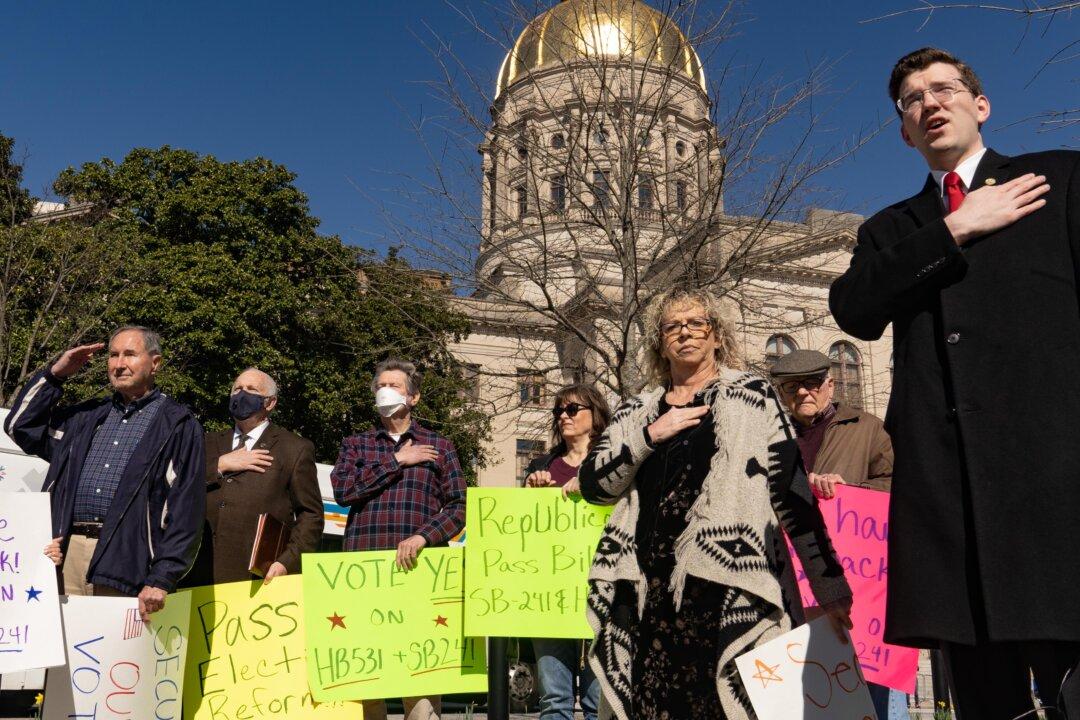Since the hotly contested 2020 election, Republican state legislators have been advancing bills to bolster election integrity.
Across 50 states, there have been over 1,600 election-related bills introduced by either Republican or Democrat legislators. Only about 200 have made it out of a committee so far. A handful have been enacted, but none in the battleground states contested in November, based on data from Voting Rights Lab, an advocacy group co-founded by former executives of Mike Bloomberg’s Everytown for Gun Safety gun control group.





